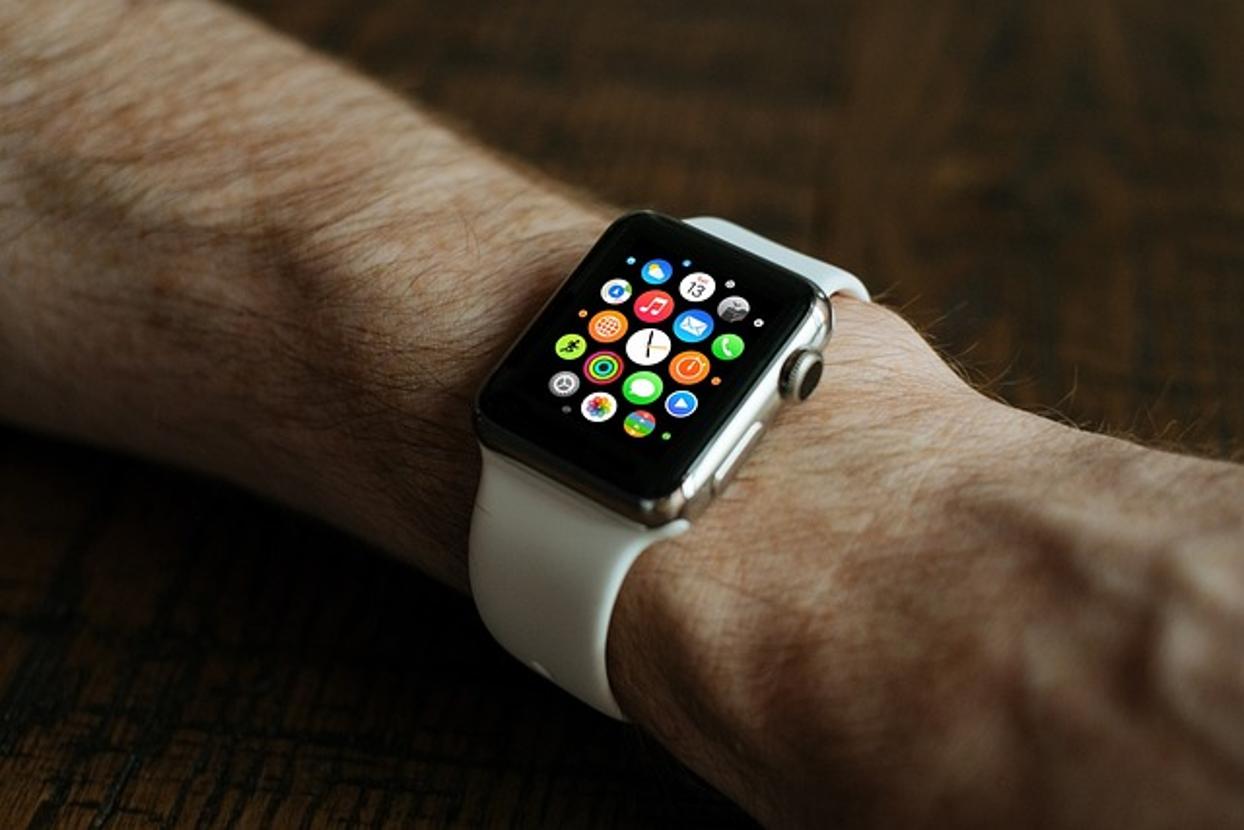How Smart Cards are Transforming NHS Services
Introduction
Smart cards have revolutionized various sectors, including healthcare. Within the NHS, these cards streamline processes, enhance security, and improve patient care. This blog delves into the specifics of how smart cards benefit the NHS, their evolution, types, and future trends.

What is a Smart Card?
A smart card resembles a regular credit card but is embedded with a microchip that stores and processes data. Unlike magnetic stripe cards, smart cards have enhanced storage capacity and security features. In healthcare, smart cards can host a patient's complete medical history, insurance information, and even serve as access keys for healthcare providers.
They come in various forms:
- Chip-and-PIN Cards: Require both the card and a PIN for access.
- Contactless Smart Cards: Allow for communication via radio frequency identification (RFID) without physical contact.
These cards offer multifaceted utilities in various industries, including financial services, telecommunications, and healthcare. The NHS has gradually incorporated smart cards to foster better service delivery.
Evolution of Smart Cards in the NHS
The NHS began exploring smart card technology in the early 2000s, aiming to digitalize patient records and improve service efficiency. Initial implementations faced numerous challenges such as technical issues and resistance from staff. Over time, technological advancements and training led to wider acceptance and more successful deployments.
Significant milestones include:
- Early Trials (2000-2005): Focused on understanding usability.
- Wider Implementations (2010-2015): Adoption increased as technology matured.
- Current Usage: Nearly all NHS trusts now use some form of smart card technology.
These advancements have laid the groundwork for the smart card solutions that we see today in the NHS.
Types of Smart Cards Used in the NHS
Various smart cards are used in the NHS for different functionalities. These include:
- Healthcare Professional Cards: Used by clinicians to access sensitive patient data and systems.
- Patient Health Cards: Contain essential medical and personal information for quick retrieval.
- Access Control Cards: Grant access to restricted areas within healthcare facilities.
Each type serves a unique purpose but shares common features like security, data storage, and easy accessibility. The diversity in types ensures that the myriad needs of the NHS are effectively addressed.
Benefits of Using Smart Cards in the NHS
Smart cards bring numerous advantages to the NHS, making them invaluable assets:
- Enhanced Security: Smart cards drastically reduce the risk of unauthorized access. Each card is encrypted, making it difficult for counterfeit attempts.
- Streamlined Processes: They expedite administrative workflows such as patient check-ins, record updates, and billing.
- Improved Patient Care: By consolidating patient data on a single card, healthcare providers can access comprehensive information quickly, leading to better diagnosis and treatment.
- Cost Efficiency: While the initial investment is substantial, long-term savings are realized through reduced paperwork and administrative efficiency.
Besides these primary benefits, smart cards contribute to overall system integration within the NHS, facilitating smoother coordination between various departments.

Challenges and Limitations of Smart Card Implementation
Despite their advantages, the implementation of smart cards in the NHS is not without challenges:
- Initial Costs: Deploying a smart card system involves significant upfront investment in both hardware and training.
- Technical Issues: Compatibility with existing systems, software glitches, and hardware malfunctions can disrupt the service.
- Data Privacy Concerns: While smart cards are secure, any data breach can have severe implications, necessitating robust cybersecurity measures.
- User Resistance: Change management can be a hurdle as healthcare personnel may resist new technology due to a lack of familiarity or fear of redundancy.
Addressing these challenges requires a concerted effort from all stakeholders to ensure the successful adoption of smart card technology within the NHS.
Case Studies of Smart Card Use in the NHS
Several NHS trusts have successfully implemented smart card solutions, demonstrating their utility and impact:
- Guy's and St Thomas' NHS Foundation Trust: This trust introduced smart cards to streamline patient registration and appointment scheduling. The result was a 30% reduction in administrative workload.
- Manchester University NHS Foundation Trust: Implemented staff access cards that also serve as ID badges. This dual functionality improved security and operational efficiency.
- Lancashire Teaching Hospitals NHS Foundation Trust: Used patient health cards to store essential medical data, enhancing the speed and accuracy of medical interventions.
These case studies highlight the tangible benefits of smart card usage in real-world NHS settings.

Future Trends and Innovations
The landscape of smart card technology is ever-changing:
- Biometric Integration: Future smart cards may incorporate biometric data like fingerprints or retinal scans for enhanced security.
- Blockchain Technology: Blockchain can further secure and simplify data sharing, offering decentralized yet reliable data management.
- AI Integration: Artificial Intelligence can analyze smart card data to provide predictive insights, aiding in preventive healthcare measures.
Leveraging these innovations can further optimize NHS services, offering a more secure, efficient, and patient-centric healthcare system.
Conclusion
Smart cards have emerged as transformative tools within the NHS, streamlining operations, enhancing security, and improving patient care. While challenges persist, ongoing advancements and future innovations promise to drive their continued growth and effectiveness in the healthcare sector.
Frequently Asked Questions
What are the main benefits of smart cards in the NHS?
Smart cards enhance security, streamline administrative processes, improve patient care, and offer cost-efficiency.
How secure are NHS smart cards?
NHS smart cards employ robust encryption and security measures to prevent unauthorized access and data breaches.
What future developments can we expect in smart card technology for healthcare?
Future developments include biometric integration, blockchain technology, and AI-driven predictive analytics.



